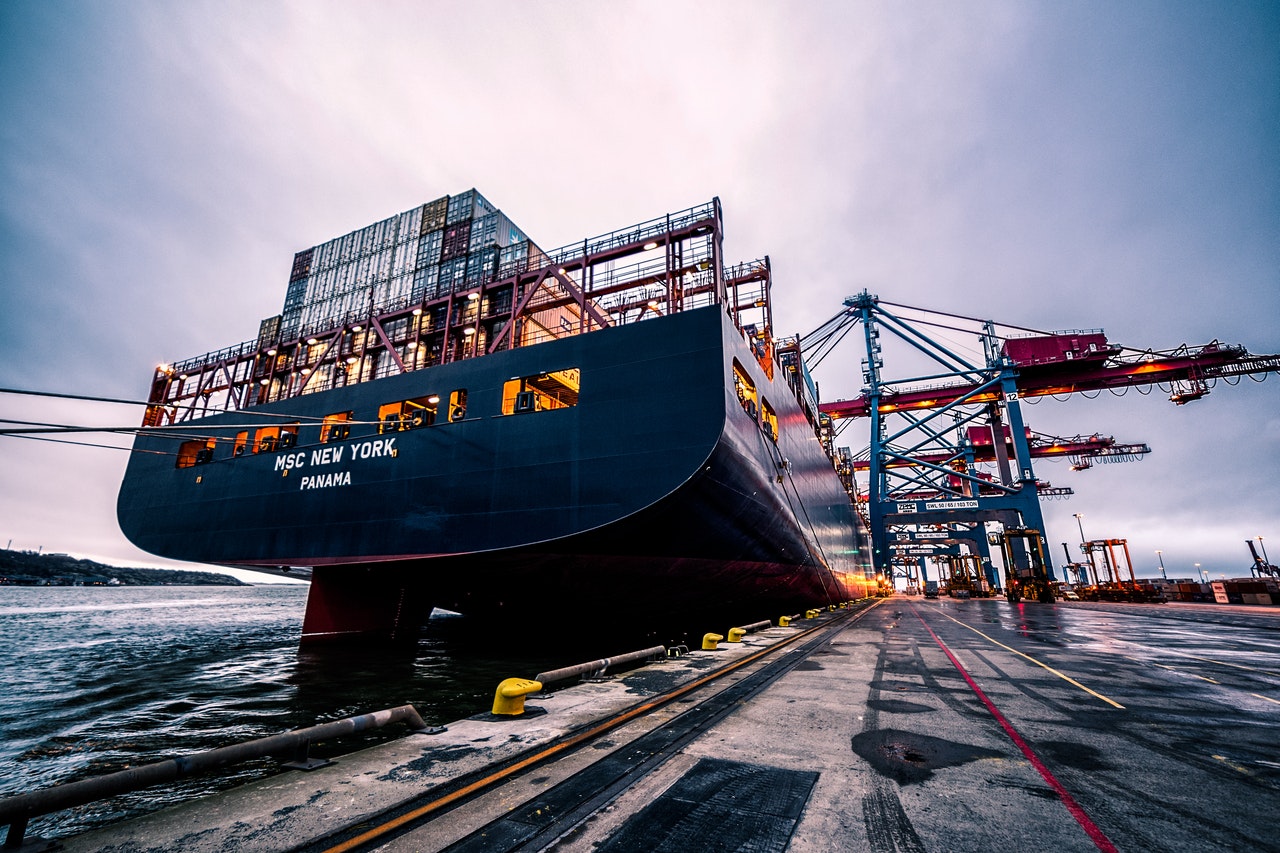Project logistics is the strategic process of coordinating, planning, executing, and managing various projects from inception to completion to meet delivery or shipping deadlines. Freight forwarders utilize project logistics management to plan projects and optimize limited resources like time, materials, and money. Successful project logistics departments ensure the smooth execution of projects through systematic planning, execution, and monitoring. They are involved in every stage of the project logistics life cycle from conception to delivery.
Phases of the project logistics process
Planning is a vital step in the logistics process before any other phase. A detailed action plan is developed to include all steps of the project including milestones, deliverables, scope, and cost estimates. In addition, it details the actions required to implement the plan and to make sure it is successful and includes status reports on progress and funding.


This stage includes critical decisions such as scheduling, budget, manpower, materials, and technology to name a few. The most effective project logistics service will work with customers to identify their requirements and meet them within budget and time constraints. It also identifies the best solutions to meet delivery objectives. It takes into account every step in the supply chain and coordinates and communicates the information to all stakeholders.
How to deal with Complex projects in Project logistics
Project logistics services deal with complex projects that require specialized equipment, facilities, people, and containers. It can organize and streamlines the delivery of goods and services worldwide. Complex projects have varying stages of development and therefore demand customized solutions from the beginning. These require sophisticated software, machinery, and people resources which can only be provided by experienced project logistics providers. They are the first line of defense against complex projects that have timelines and budgets stretching into the future.
Project managers rely on project logistics management services to determine how much capital is required to run the logistics operation and manage the resources effectively. Project managers will need to consider factors such as container capacity, load factors, transit times, fuel consumption, and truck loading and unloading times. They need to allocate suitable amounts of funding for each activity such as purchasing truck-load trucks, procuring containers, hiring drivers, maintaining an inventory, etc.


Projects have to break down into one-off and complex projects. One-off projects relate to products that don’t purchase again and can only sell or exchanged. Complex projects involve products that have to be manufactured, supplied, shipped, and serviced regularly. These can be anything from aircraft and automobiles to financial products and electronic goods.
How to ensure that you are sending your cargo in the right place
To ensure that you are getting the right place to send your cargo. You must know where to send it. For example, if your product has a short shelf-life, it is better to send it to the manufacturer directly. It is equally important that you use the right shipper. If you want your shippers to distribute your products responsibly, they should have good contacts with the manufacturers and suppliers of your chosen products.
Managing your project logistics requires the integration of all aspects of the supply chain, including customer, supplier, shipper, and manufacturer. This includes planning and design, procurement, pricing, shipment and delivery, inventory control, and real-time control tower access. The real-time control tower access allows you to view all data related to your project cargo at a glance. The real-time control tower helps in controlling the whole supply chain, including the speed of the vehicles, number of air freight, number of trucks, and other resources. Also, the real-time control tower helps in making decisions about re-supply and replenishment of the raw materials. Therefore, all aspects of your project cargo have to manage effectively using the right resources.
















